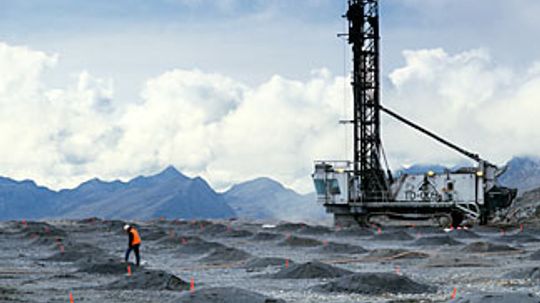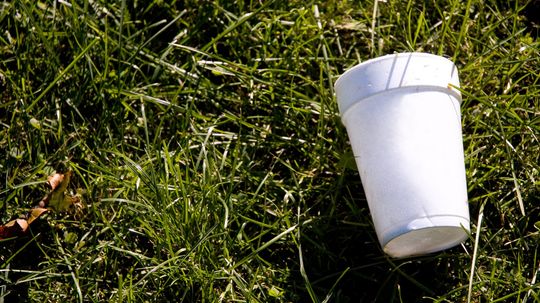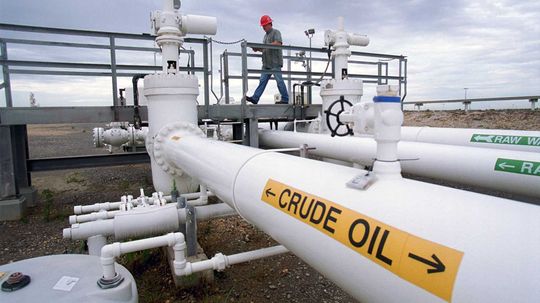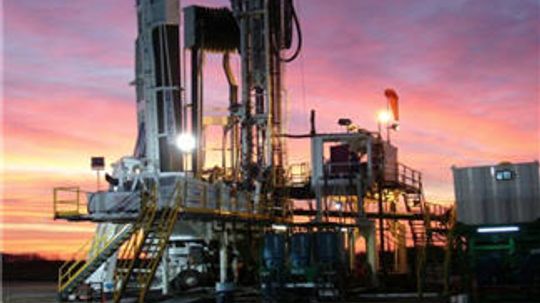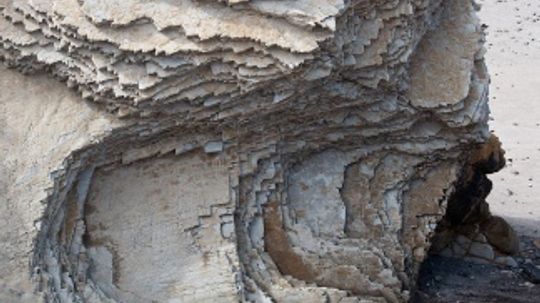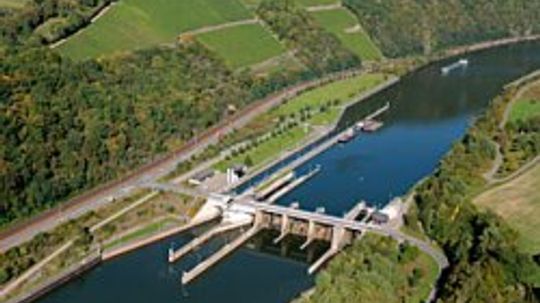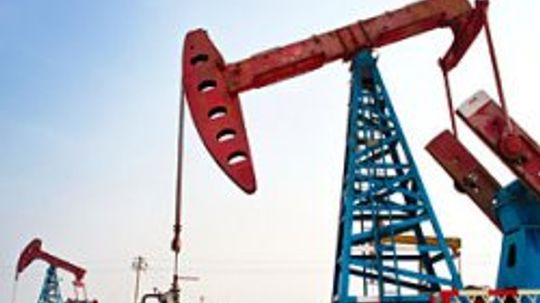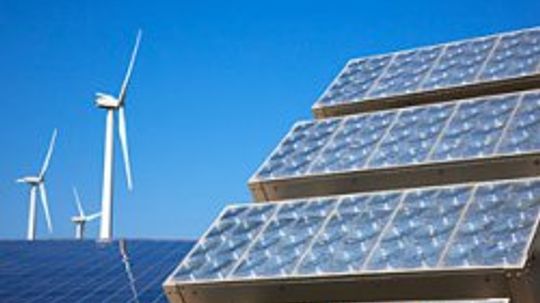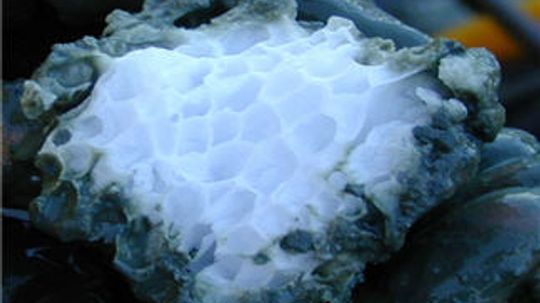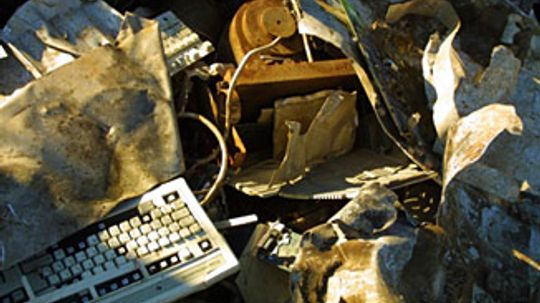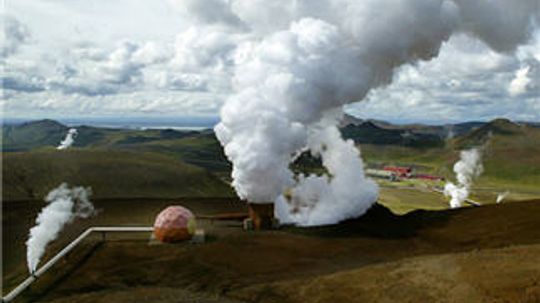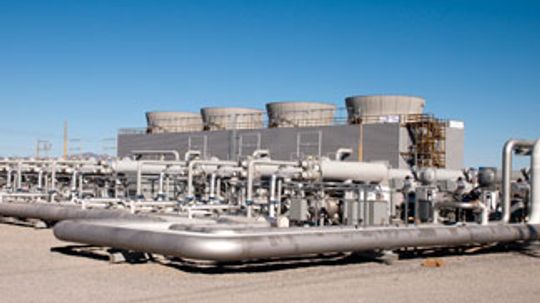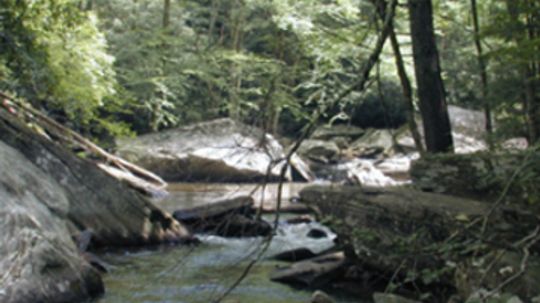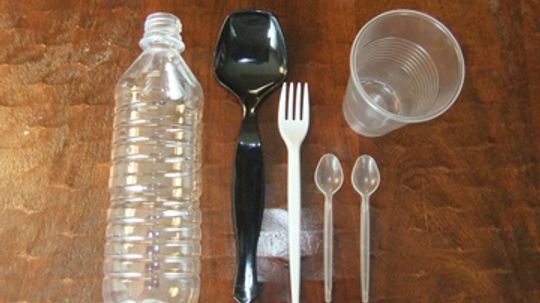Environmental Science
The environment is truly a thing of beauty and should be protected whenever possible. What can we do to save the environment, and what new technology is available to help us?
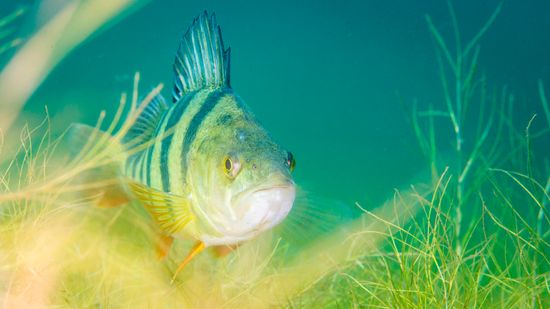
The Fish Doorbell Isn't a Joke ... Seriously
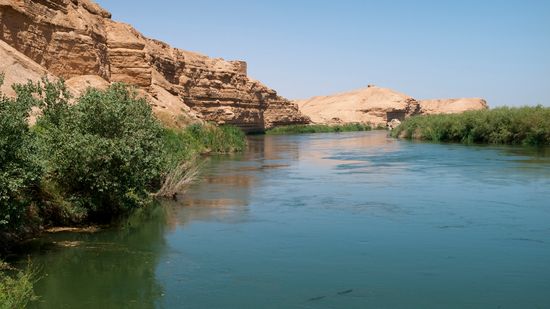
The Euphrates River, at the 'Cradle of Civilization,' Is Drying Up
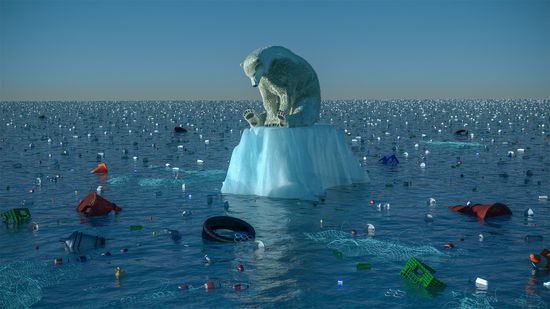
Study Says 2035 Is Climate Change Point of No Return
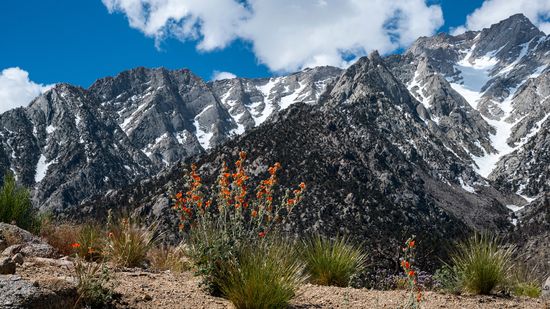
What State Has the Most Mountains in the U.S.? 8 Peak Records
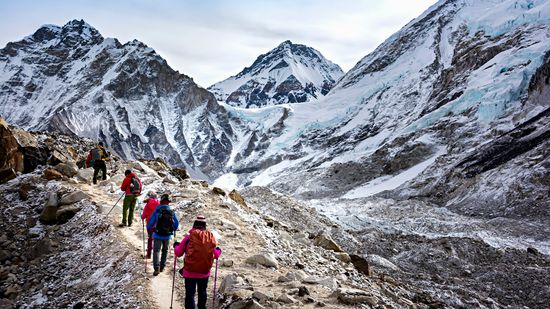
The Most Dangerous Mountain to Climb (and 14 Giving Steep Competition)

15 Types of Gemstones to Add a Little Sparkle to Your Life
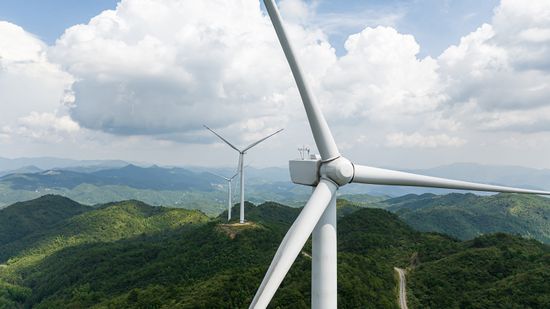
How Many Birds Are Killed by Wind Turbines, Really?

How a Lithium Mine Works and Impacts Local Communities
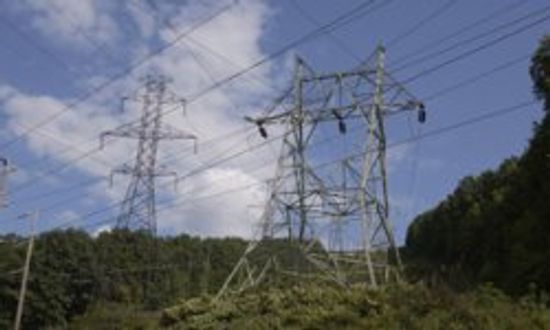
How to Sell Electricity Back to the Grid

The Worst Air Quality in the World Is in Mountainous Terrain

The World Hits 8 Billion People; Is That Good or Bad?
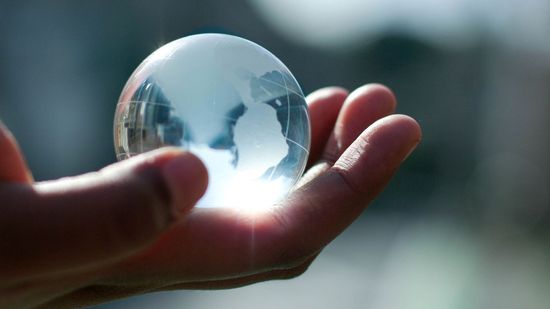
Quiz: Can You Tell Climate Change Fact From Fiction?

6 Most Futuristic Cities Powered by Renewable Energy
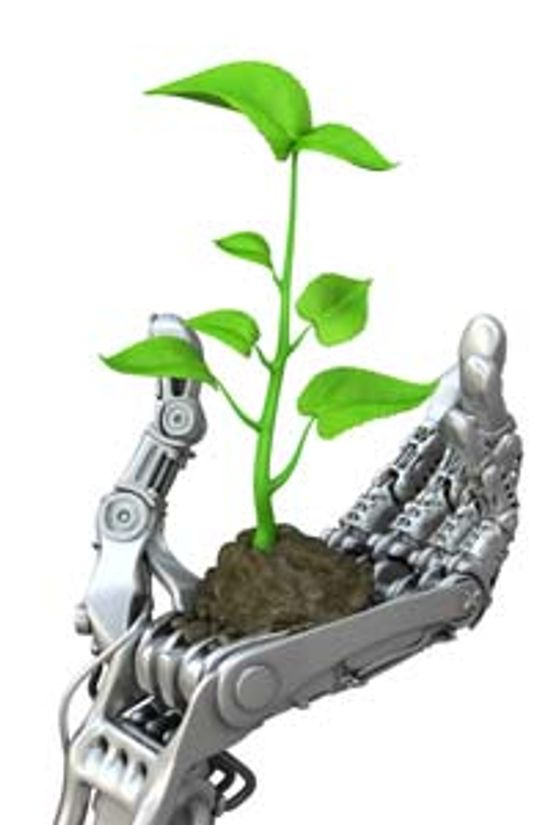
Top 5 Green Robots
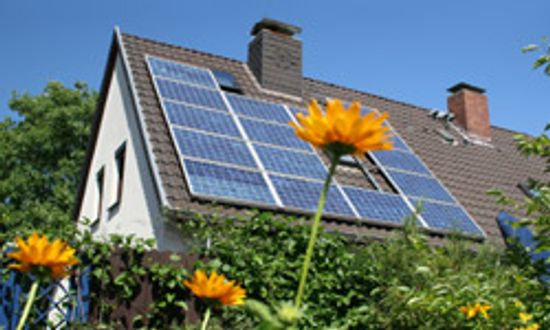
5 Things to Consider When Building a Solar-powered Home
Learn More / Page 16
When you switch on your furnace or turn on your gas stove and use the heat from that little blue flame, you're doing what people in 62 million other American homes do every day, too: You're using natural gas.
Polystyrene -- the plastic used in items ranging from plastic forks to take-out boxes to life rafts -- can be recycled, but not without costs. What does it take to recycle polystyrene?
By John Kelly
The United States has emergency crude oil stored in its Strategic Petroleum Reserve that can be tapped only under certain terms and usually only by the president. So how much is in the reserve and how long can it last?
Advertisement
The U.S. consumes 19.1 million barrels of petroleum each day -- almost half of it in the form of gasoline, according to the U.S. Energy Information Administration.
By Alice Truong
What's the smartest step you can take to help reduce pollution and live in a more sustainable way?
By John Kelly
The world is growing at an amazing rate. Currently, the Earth's population is growing by 60,000 people every eight hours -- that's two children born every second somewhere around the globe.
When people talk about energy and natural gas, opinions differ. Is it harmful to the environment, or the last great clean energy source?
Advertisement
Remember those orange juice commercials? The ones where people tried to poke a rolling orange with a straw?
Under our toes, a wealth of gas exists that burns clean and could wean the U.S. off energy dependence. But getting to it is a bit tricky.
By Alice Truong
The automobile is one of the most important inventions of the past 150 years. This is not only because it provides convenient personal transport and great independence through mobility, but also because of the problems it can cause.
By Jane McGrath
Alternative energy isn't so "alternative" anymore. It's in the news, on political platforms, atop roofs and filling gas tanks, and the options have grown enough to change the conversation: It's not whether we want it, but which kind we want.
By Julia Layton
Advertisement
Oil drilling has been around for more than a century. But because of the numerous developments in the technology, it has grown leaps and bounds in that time.
By Jane McGrath
Would you buy a home without functioning power outlets? We've come to depend on electric power for many of our day-to-day activities. What innovations have been made in the electric power industry? Keep reading to find out.
Our energy systems are in need of a serious tuneup, for a number of reasons. Keep reading to learn about the Top 6 Innovations in Solar Power.
What are natural gas hydrates? Learn what natural gas hydrates are in this article.
By Talal Al-Khatib
Advertisement
Landfills have long been the final destination for garbage, but as they start to fill up, we're left to find ways to reduce our waste. What challenges are involved, and why isn't reducing waste as easy as it sounds?
Although a certain amount of carbon dioxide (CO2) occurs naturally in the Earth's atmosphere, there are several human activities that increase levels of the greenhouse gas.
What is coal gasification? Learn what coal gasification is in this article.
What is the energy source of the future? Learn more about the energy source of the future in this article.
Advertisement
What is the future of geothermal energy? Learn more about the future of geothermal energy in this article.
America, and really the entire world as a whole, runs on fossil fuels like gasoline and coal. But it's no secret that these resources can't last forever.
Sunlight can break plastic down but not very fast. Is there a way to speed up the process so that natural environments like this one aren't cluttered with plastic debris for centuries?
The green movement isn't going to die just because the world ends. In fact, sustainable types might even have a leg up post-apocalypse. Here's how.
By Robert Lamb
Advertisement
Invasive species are found around the globe, and their presence outside of their native areas is damaging the world's ecosystems and threatening biodiversity. Some -- like the five on this list -- seem almost unstoppable.
Plastic's handy, hardy stuff, but we don't want to leave piles of old forks and water bottles for future generations to trip over. Can special additives that break down plastics faster save the day?
